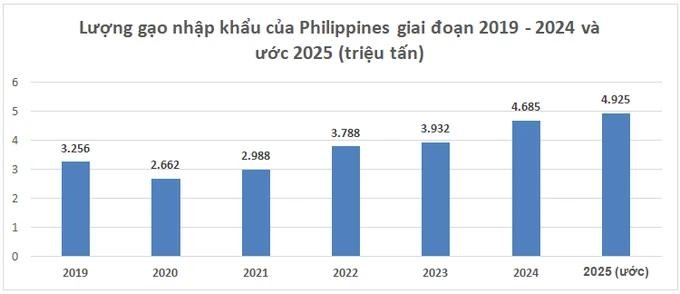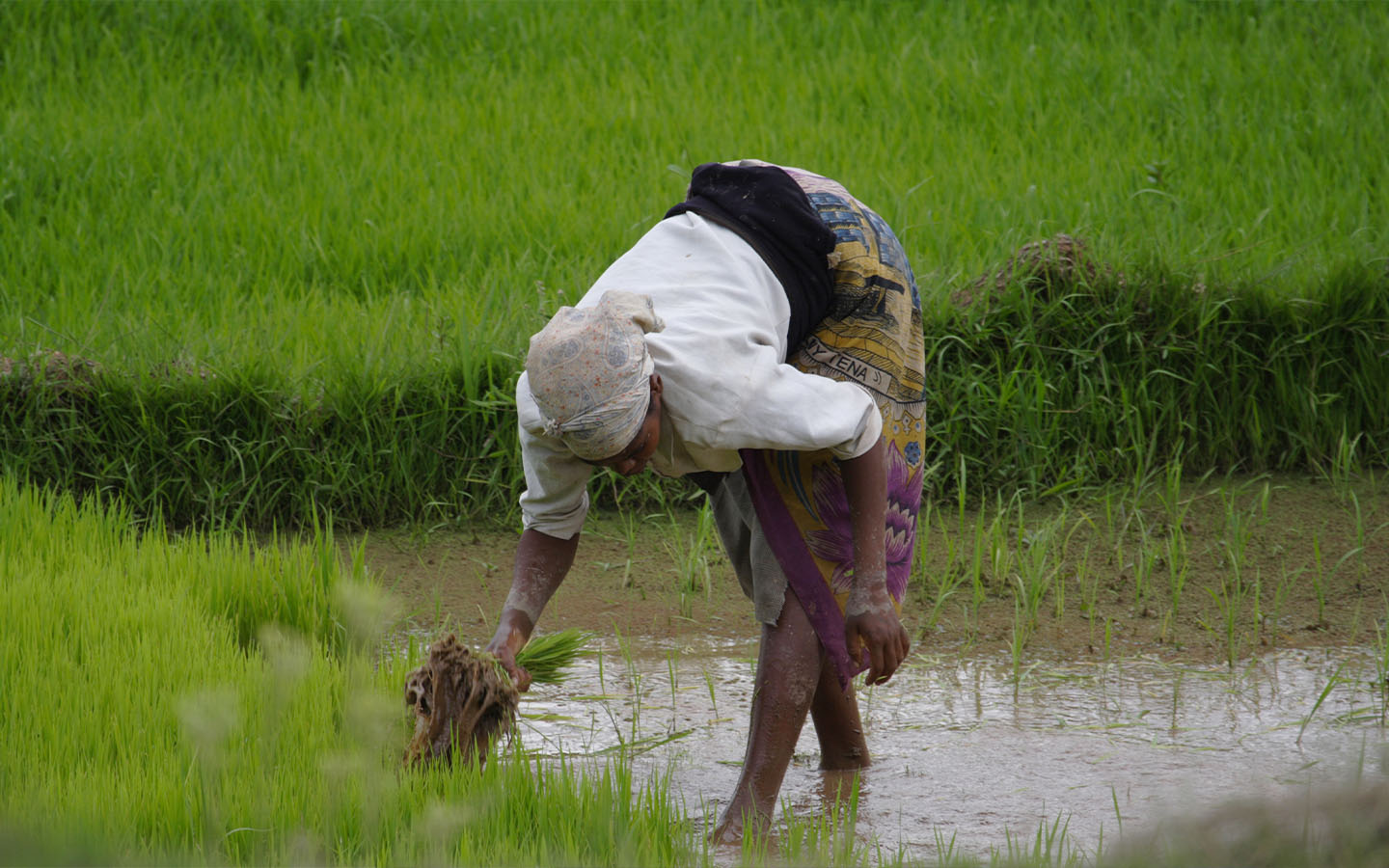Tags
High costs may hit rice farming
Farmer indebtedness rises further

Farmers and farming are under pressure due to soaring cultivation and living costs amid a fear of heavy rains and floods that usually occur in summer and damage crops.
Many cultivators, burdened with high-interest loans due to years of low prices and disastrous weather events, fell into further indebtedness for taking high-interest loans to cope with the economic crisis not seen in years.
Farmers and farming are under pressure due to soaring cultivation and living costs amid a fear of heavy rains and floods that usually occur in summer and damage crops.
Many cultivators, burdened with high-interest loans due to years of low prices and disastrous weather events, fell into further indebtedness for taking high-interest loans to cope with the economic crisis not seen in years.
‘I will need to irrigate and fertilise my rice fields another round before the harvest,’ said Arman, who could not clear his debt from the past year from another lender.
In the six months until February, according to a recent study, the average household expenditure increased by 13 per cent, making the job of growing crops all the more difficult for millions of poverty-stricken farmers, said agricultural economists and agriculturists.
About 90 per cent of Bangladesh’s nearly two crore farmers are smallholders, many of them owning no land at all, representing the section of people who are overwhelmingly depending — three in every four — on loans to cope with the rising inflation.
The cost of every agricultural input — seed, fertiliser, pesticide, labour and irrigation – went up substantially, said government agricultural officers, research bodies and farmers, raising the fear of driving farmers to non-rice crop cultivation requiring less inputs.
‘The strange thing about Bangladesh’s farmers is that they never fail to cultivate. But there is a limit to farmers’ ability,’ Saiful Islam, agricultural economist, Bangladesh Rice Research Institute, told New Age on Monday.
Despite a dramatic rise in all expenses, the boro cultivation target — which was about 50 lakh hectares — was achieved, he said.
‘But farmers must take home their full harvest. A natural disaster or any other disruptions could be unbearable for many farmers,’ said Saiful.
The weather this year has so far acted far better than expected, but frequent power cuts affected irrigation intervening in the cultivation.
Farming, particularly rice farming, is labelled a losing business for growers, who consistently adopt innovative ways such as migrating to cities during the lean season to work as rickshaw pullers for additional income for subsidising their farming.
But farming became further challenging after the electricity price was increased three times and the gas price once since January.
The cultivation of boro, accounting for about 60 per cent of the country’s some 4-crore-tonne rice production, relies heavily on irrigation with water lifted by electric pumps and urea fertiliser produced using natural gas.
According to the Rangpur division agricultural extension office, boro cultivation cost saw an average increase of Tk 5,000 per bigha in the eight northern districts under the division.
‘The government provided 25,000 farmers with free seeds and fertiliser to help them cope with cost shocks,’ said Mahtab Uddin, additional director, DAE, Rangpur, home to more than 26 lakhs farmers, on Saturday.
For growing boro in each bigha of land, a farmer in the region spent Tk 13,600 this year, following an increase of about Tk 5,000 in the cultivation cost, compared to the past year.
The cost of irrigating one bigha of land climbed to Tk 1,500 this year from Tk 1,200 spent in the past year. The Rangpur division agricultural extension office estimated that farmers in the north would have to spend Tk 17 crore extra for irrigation.
The cost of a kilogram of seed, on the other hand, rose to Tk 350 from Tk 200, according to the Rangpur divisional office of the Agricultural Extension Department.
Compared to the past year, fertiliser cost per bigha increased by Tk 1,500 while pesticide cost went up by Tk 400, among others expenses, including those for labour and mechanised grinding and harvesting.
The production cost of a kilogram of boro paddy increased by nearly 10 per cent, according to an estimate of the BRRI, to Tk 30.70 from Tk 28.11 a year ago.
‘The prices of rice and its byproducts such as broken rice and rice hulls will increase as well, increasing cattle-rearing cost,’ said Saiful Islam.
The Department of Agricultural Marketing, however, estimated the production cost of a kilogram of boro paddy to be Tk 28.40, up from Tk 26.52 in the past year.
The DAM estimated the price of a kilogram of rice to be Tk 41.82 this year, up from the past year’s price of Tk 39.03.
The price of a kilogram of wheat has been estimated to go up by 9 per cent to Tk 30.93 this year from the past year’s Tk 28.33.
The Department of Agricultural Extension, which has its estimate of the production cost of rice, did not share the estimate.
‘The increase in expense is normal, particularly when the country is undergoing rapid development,’ said Badal Chandra Biswas, director general, DAE, on Sunday.
Agriculturists predicted that high expenses could encourage rice storage. Farmers generally store 40 per cent of their output for their consumption.
‘Farming cost just doubled but it is not reflected in the official account,’ said Ainal Haque, a farmer at Bara Bari, Sadar upazila, Rangpur.
Farmers in the north-eastern haor region, where a fifth of the country’s boro paddy is grown, are worriedly waiting to start reaping their paddy in days, before flash floods strike.
The Bangladesh Meteorological Department warned about a brief flood in the northeast at the end of this month. Boro harvest in the haor region could take a month to complete.
Agriculture, providing employment for 55 per cent of the country’s workforce and accounting for 12 per cent of the GDP, is crucial in holding Bangladesh’s economy together and it played a vital role in tackling the Covid pandemic.
‘All subsidies should be diverted to agriculture,’ said Abdul Bayes, who taught economics at Jahangirnagar University, on Tuesday.
Adding that inflation could be as high as 20 per cent in places, Bayes advised the government to increase rice procurement from farmers and ensure legitimate prices.
‘Agriculture has to be saved,’ he said.
https://www.newagebd.net/article/198978/high-costs-may-hit-rice-farmingPublished Date: April 9, 2023







